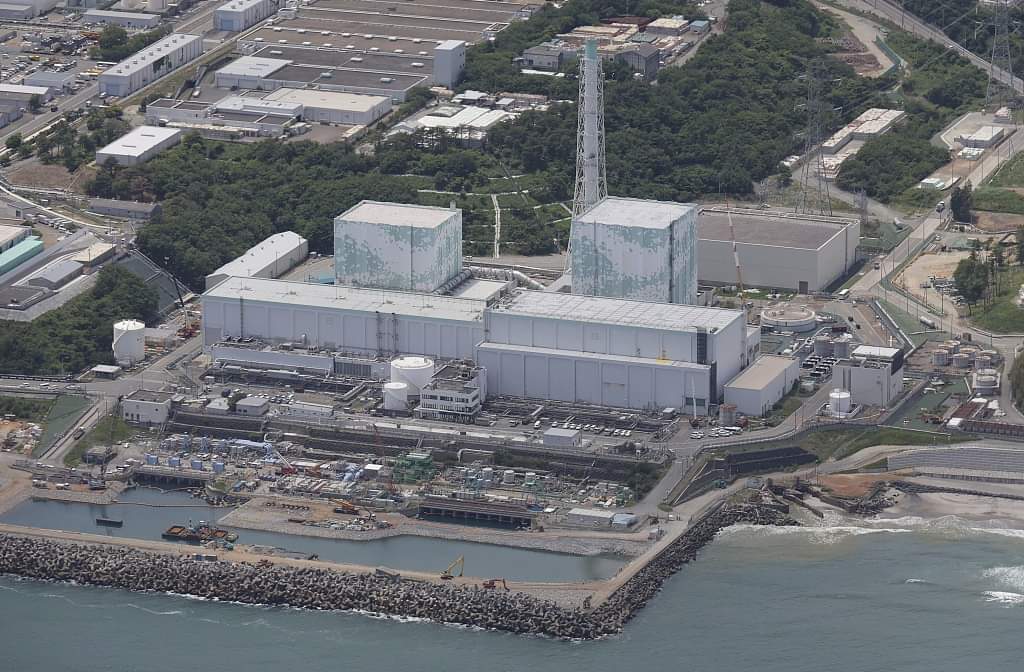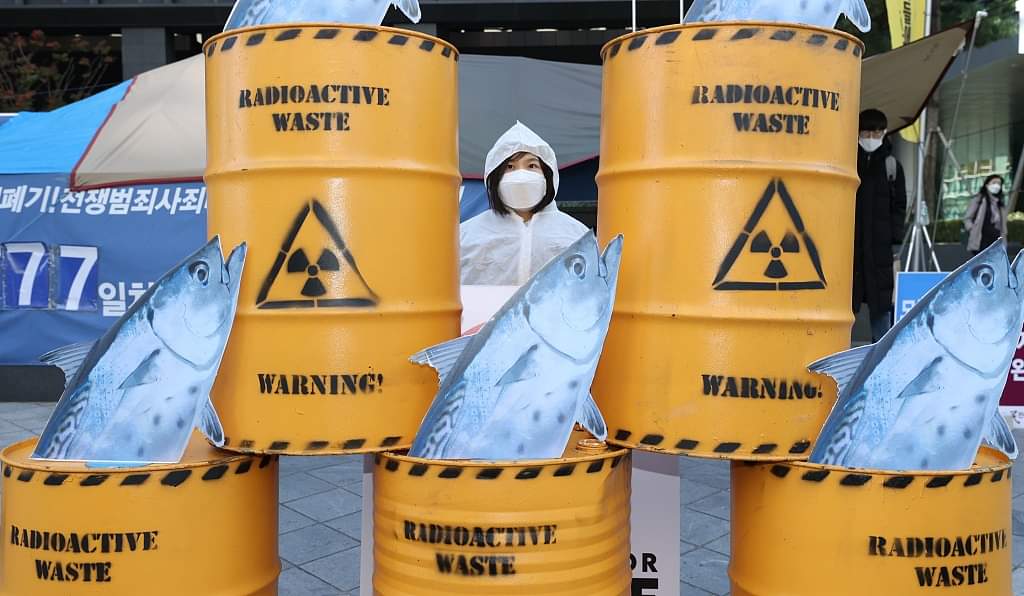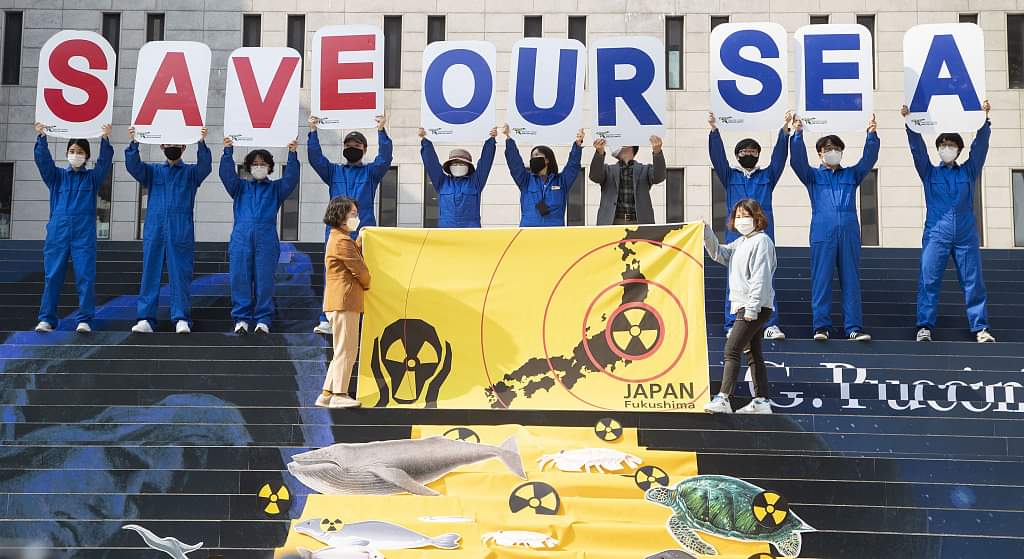Japan To Discharge Fukushima Wastewater On Thursday
The country is to proceed with the move despite safety concerns from neighbouring countries.

Subscribe to our FREE Newsletter or Telegram channel for the latest stories and updates.
Japan is set to release treated radioactive water from Fukushima into the ocean. Despite protests from several parties, the nation will start releasing 1.34 million metric tonnes of treated radioactive water from the state’s nuclear power plant this Thursday (24 August) onwards.
The decision came after the government’s recent cabinet meeting. According to the Japanese authorities, this move is crucial for the decommissioning of radioactive waste at the plant.
Since the country’s devastating earthquake and tsunami in 2011, water within the Fukushima plant has been contaminated with highly radioactive material. To combat the issue, new water was added to cool the fuel debris in the reactors.

Ground and rainwater, as a result, have leaked in, creating more radioactive wastewater. This wastewater has been treated and stored in massive tanks. Unfortunately, there is not enough space left to continue the effort.
As such, the nation has concluded to release the water into the Pacific Ocean to safely decommission the plant.
Japan, to this day, has been consistent in emphasising that the release is safe. This has been verified by the International Atomic Energy Agency (IAEA), which confirmed that the process met the international standards of safety.
And that the impact it could have on people and the environment was “negligible”.
What do the neighbours say?
Yet, many are still skeptical about the outcome. Beijing, China, especially, has been vocal about the potential threat it can bring.

Foreign ministry spokesman Wang Wenbin, in fact, accused Japan of being selfish and arrogant for not consulting the international community before making their final decision.
Thus, China has banned seafood imports from 10 prefectures in Japan. This includes Fukushima and Japan’s capital, Tokyo.
Whereas, seafood imports from other prefectures are allowed but are required to undergo radioactivity tests. It also must have an indication of it being produced outside the banned prefectures.
Another of Japan’s neighbouring countries, Hong Kong, has also threatened strict restrictions.
People in South Korea have also been voicing out their concerns. Though the South Korean government has expressed their support for the move, several activists have protested against the decision.

The fishing community in Japan and South Korea are also especially concerned. They worry that this release could end their livelihoods. Even before the release, consumers have already started boycotting seafood from Japan and its nearby waters.
One can only imagine how the situation will get when the release is conducted.
What damage can it do?
Experts have argued that most of the harmful elements in the radioactive wastewater can be filtered. Based on the state-owned electricity firm Tokyo Electric Power Company (TEPCO), it can be eradicated through numerous treatment processes.
However, one component that cannot be erupted is the hydrogen isotope called radioactive tritium. No technology to date has been able to remove it from the water.

The authorities, yet, believe that the Fukushima wastewater will pose no threat as the concentration of tritium being released will be very low. But most national agencies are worried as it can be dangerous if consumed in large amounts.
Scientists, in fact, worry that it can harm marine life once the waste is released. CNN, who had an expert for the case, reported that the wastewater plan was “ill-advised” and premature.
The waste is set to be discharged into the Pacific Ocean via an underwater tube off the coast. Parties such as the IAEA will play a prominent role in monitoring the discharge all the way through.
Share your thoughts with us via TRP’s Facebook, Twitter, Instagram, or Threads.





